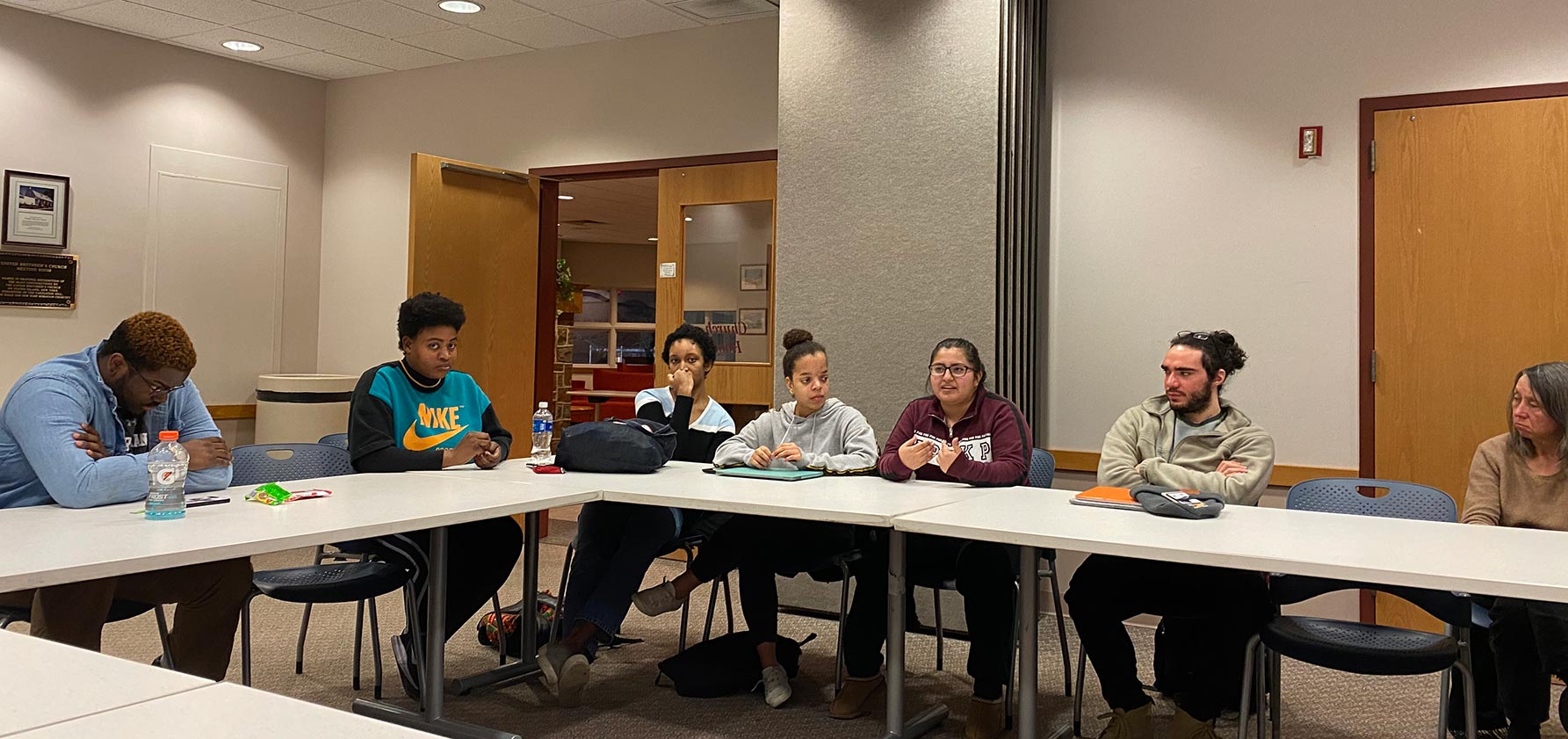
By Jasson Tahhan ’20
We live in a closely connected world. Technology has brought us together in ways that have completely revolutionized how we socialize with each other. We have spent generations trying to understand our history and our relationships to other life on our planet. People yearn to learn more about the world, and our curiosity has taken us to many different avenues of accomplishment. We try to understand the complicated diseases that have plagued us for countless generations and have been successful in developing treatments for some of those illnesses. We have gone to space and engineered some of the most sophisticated pieces of technology in order to push the boundaries of what we are capable of doing. We put our minds together and come up with solutions to problems. There are so many expressions of the power of the human spirit, and yet we still struggle to simply confront social issues. The fact that we continue to deal with racism, discrimination, and exclusion in the 21st century shows that we as a people have much more work ahead of us.
I had the opportunity to listen to Moravian students speak about some of the things they experience as minorities at the roundtable discussion “Being Black,” held on February 9 in the UBC room in the HUB. The words “Life as a Minority” were projected on a screen at the front of the room, and the songs of rapper J. Cole played in the background as students and faculty walked in. Once everyone was seated, we began to share some of the struggles we and those in our communities face.
I grew up in a Syrian household, right here in Allentown, Pennsylvania. After 9/11, the world changed forever, and the underlying fear that filled the country touched the lives of many people, including me. In the summer of my junior year in high school, I traveled to Costa Rica on a school trip that included students from many schools across the country. I was the only one to find a note in my suitcase saying TSA had searched my bag. This was a simple incident. Other people have faced more frequent and more difficult tests.
Some people find they have to debunk a stereotype the moment they meet someone new. Students described the need to explain to people that being black does not mean they don’t have a father at home or that their parent(s) is(are) not involved in their lives. This misconception has been painted across an entire group of people, and those who are ignorant of the truth are quick to adopt the stereotype. Many stereotypes spread this way.
Other individuals feel the need to hide who they truly are because of what people might think of them. Immigrants who come to America often find they aren’t prepared for how they will be received. What was common practice in their country may not be appreciated or understood here in the United States. This kind of cultural shock can leave immigrants confused about their place in American society, even to the point where they become alienated because they are not familiar with our western lifestyle. A person’s identity in one country may be totally different in another. But even some who are born in the United States may feel the need to hide their background. One student said he used to not tell anyone he was from Baltimore, Maryland, because he was afraid people would assume he was involved in gangs and crime.
Having to correct people every time misconceptions about identity are raised becomes tedious, and this ties in to one of the most powerful messages I took away after listening to everyone in the meeting—the most satisfying feeling is crushing the stereotype. Showing our peers that nothing actually separates us from one another, that we are all human, and we are all equally entitled to basic human rights. Race is a construct. It should be torn down and replaced with something more fulfilling and worthwhile, a commonly held belief in unity that embraces everyone regardless of the color of their skin, the way they talk, the clothing they wear, the beliefs they hold. Culture and personal experience adds to our uniqueness as individuals but does not take away from the fact that we are all one people. Being black, white, or any color in between does not change your status as a human being, and it does not make you better or worse.
We need to talk about the extraordinary contributions minorities bring to American culture: their history and values, foods and traditions, music and art. We have the opportunity to learn from each other and look at life from a different perspective. Something I believe everyone should do, because it challenges what we think we know about the world. It forces us to grapple with ideas that we may not have considered. And that is how progress is made.
In a time when people are so closely connected to each other, ironically there is also a disconnect between those who do not fall within a minority, and those who do and are waiting for their voices to be heard. We need to gather our resources and draw on the power and goodness of the human spirit to recognize those voices, listen to their words, break down stereotypes, and spread the truth that minorities are equal to any other person.